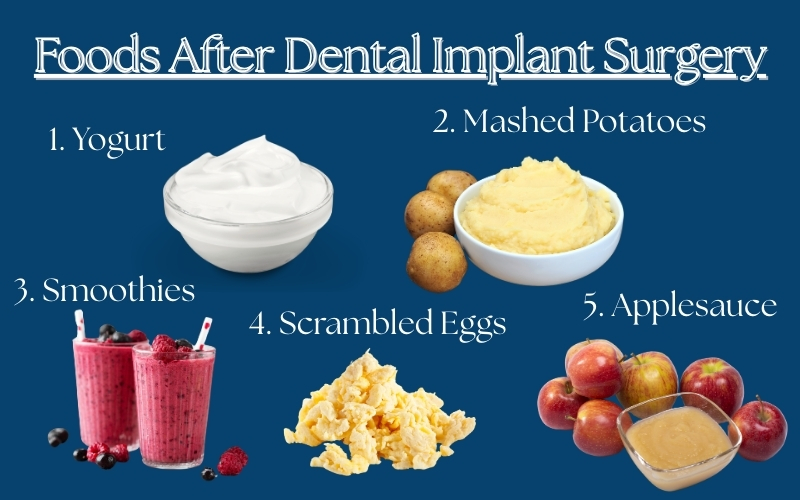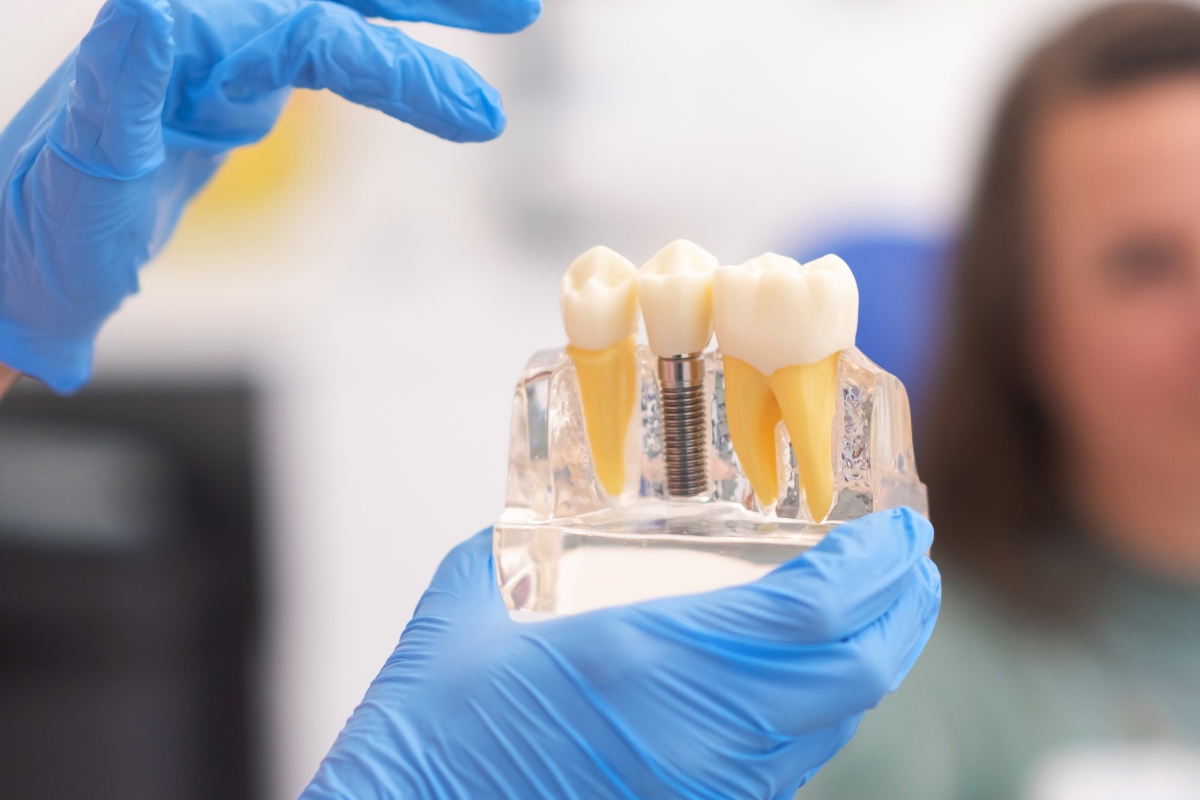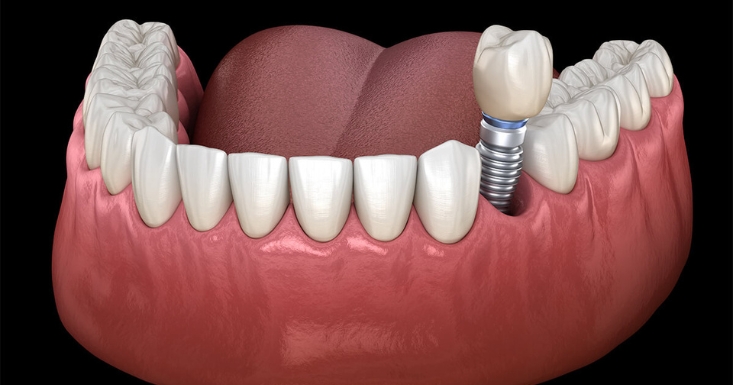
So, you’ve finally completed your dental implant surgery—congratulations! But before you dive into a crunchy bag of chips or that sizzling steak you’ve been craving, hold up. What you eat after surgery plays a huge role in how fast and smoothly you heal. Choosing the right foods not only helps protect your implants but also keeps post-surgery complications like infections and dry socket at bay.
Let’s break down the best foods to eat after dental implant surgery, why they matter, and how they can actually speed up your recovery.
Why Diet Matters After Dental Implant Surgery?
Your mouth is healing from a pretty delicate procedure. The last thing you want is to irritate the surgical site with hard, spicy, or chewy foods. Soft, nutrient-rich meals will:
- Minimize discomfort.
- Reduce the risk of infection.
- Support gum and bone healing.
- Help avoid damaging the blood clot.
Remember: eating right isn’t just about avoiding pain—it’s about helping your body rebuild and recover faster.
Think Soft, Cool, and Nutritious
After a dental implant surgery in Austin, your food choices should follow the “soft and cool” rule for at least a few days (and sometimes longer). That means no biting into crusty bread or sipping hot coffee right away.
Here’s what you should be eating:
1. Yogurt
Yogurt is a post-implant superstar. It’s cool, smooth, and packed with probiotics that support your immune system and gut health. Just make sure it’s plain or low-sugar to avoid feeding harmful bacteria.
2. Mashed Potatoes
They’re soft, filling, and easy to customize with healthy add-ins like garlic or olive oil. Just keep them warm—not piping hot.
3. Smoothies
Blended fruits, vegetables, and protein powders can offer a nutritional powerhouse in one glass. Use a spoon rather than a straw to avoid dislodging the blood clot.
4. Applesauce
Love apples? This is the next best thing while you’re recovering. It’s gentle on the gums and contains vitamin C, which helps support healing.
5. Scrambled Eggs
High in protein and easy to chew, eggs are excellent for tissue repair. Scramble them soft and skip the crispy edges for now.
Over 3 million people in the U.S. have dental implants, and that number increases by 500,000 each year. With such a high success rate, following aftercare—including dietary guidelines—is key to long-term implant success.
What You Must Skip After Dental Implant Surgery?
It’s just as important to know what not to eat. Stay away from:
- Crunchy foods (chips, raw veggies, nuts).
- Sticky foods (caramel, chewing gum).
- Spicy dishes (they can irritate the surgical site).
- Alcohol and smoking (slow down healing and increase infection risk).
- Hot foods or drinks (can disturb the blood clot).
These items can lead to complications like infection, inflammation, or dry socket—a painful condition where the clot protecting the surgical area becomes dislodged.
Hydration Is Key—But Ditch the Straw
Staying hydrated supports healing, reduces swelling, and helps flush out bacteria. Drink plenty of water, but skip the straw. Suction can disturb your stitches or the healing site.
Meal Planning Tips for the First Week
Planning your meals ahead can save you time and stress. Here’s a sample meal idea for the first few days:
- Breakfast: Greek yogurt with mashed banana.
- Lunch: Creamy soup (lukewarm) with soft bread.
- Snack: Applesauce or a protein smoothie.
- Dinner: Mashed sweet potatoes with scrambled eggs.
- Dessert: Soft pudding or gelatin.
You can gradually add more texture as healing progresses, but always follow dentist’s advice.
Listen To Your Body (and Dentist)
Every patient heals differently. If you’re unsure about reintroducing certain foods, consult our dentist. It’s better to be safe than sorry when it comes to your new implants.
So, recovering from dental implant surgery doesn’t mean you have to suffer through a boring, bland diet. With the right foods, you can stay full, nourish your body, and speed up your healing—without risking your brand-new smile.
Ditch the crunchy cravings for now and embrace the power of soft, nutritious meals.



